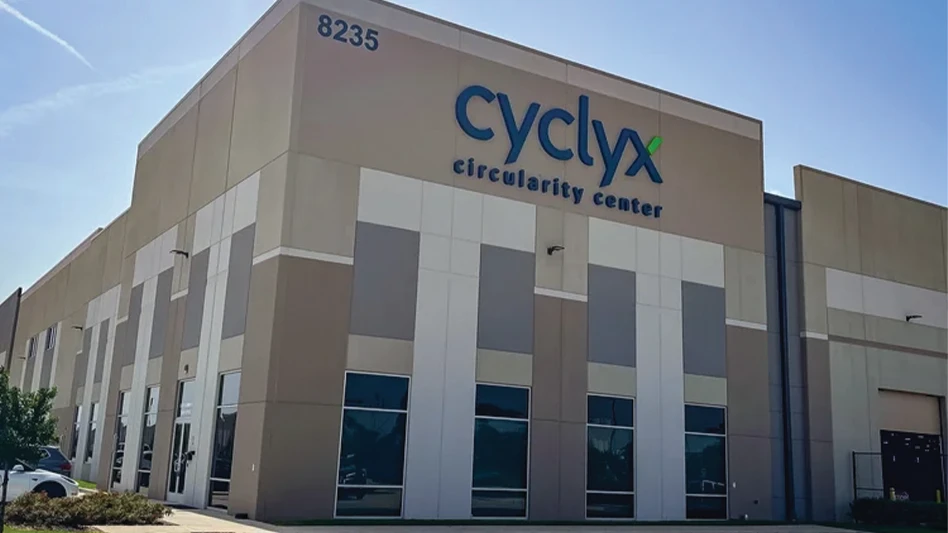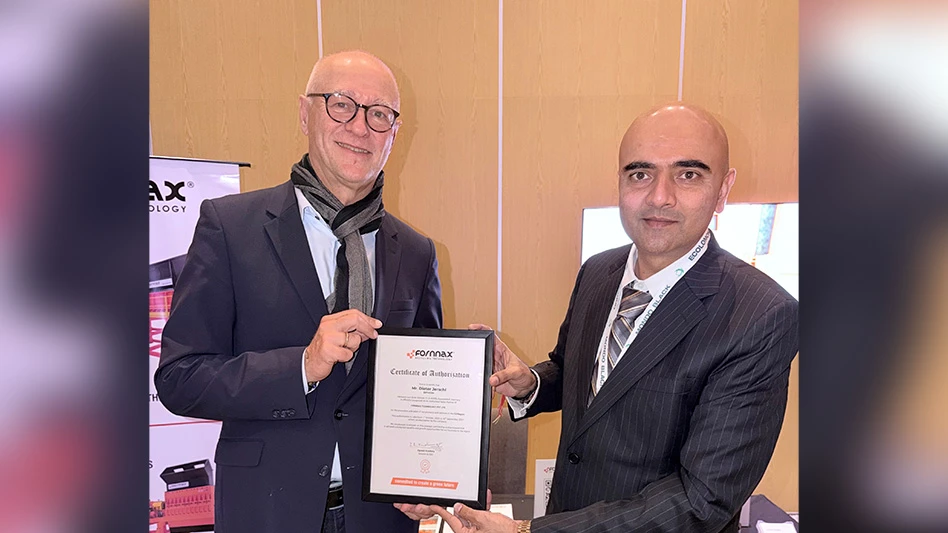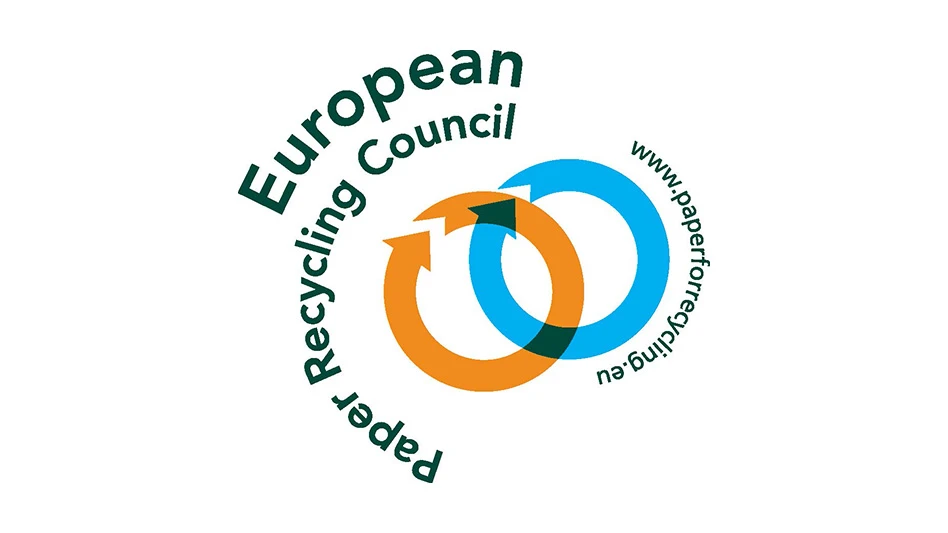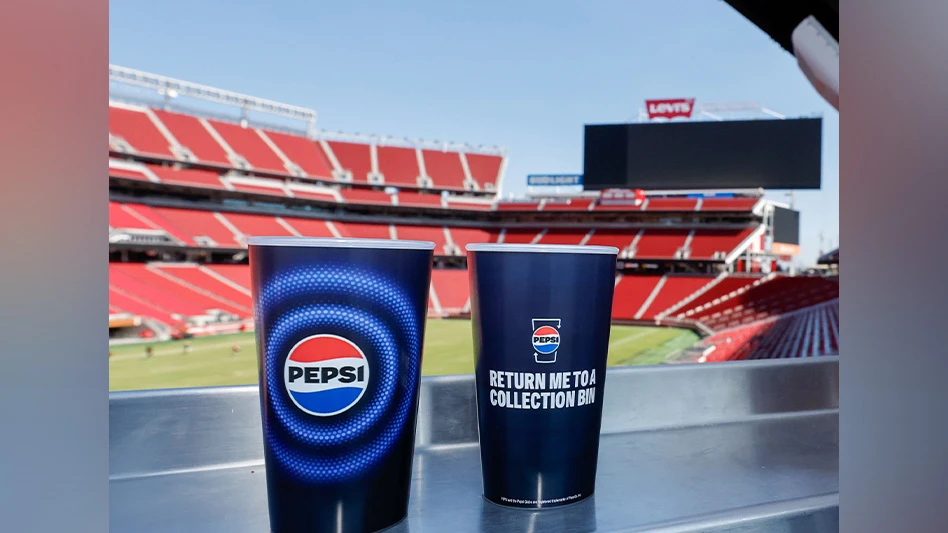
Kit Leong | stock.adobe.com
Circular Action Alliance (CAA) submitted its amended program plan June 30 to the Colorado Department of Public Health & Environment (CDPHE), describing how the nonprofit organization will implement Colorado's Producer Responsibility Program for Statewide Recycling Act, which was signed into law June 3, 2022.
CAA, which is headquartered in Washington, says the amended program plan incorporates all amendment requests from the Colorado Producer Responsibility for Statewide Recycling Advisory Board in addition to other changes to ensure clarity based on additional feedback from the advisory board and interest holders. The overall goals and general approach remain unchanged, with CAA saying it remains poised to more than double the state’s recycling rate for packaging and paper by 2035.
CAA will share implementation updates and training sessions via a monthly newsletter.
“Circular Action Alliance’s work creates a cost-effective recycling system that’s accessible and easy to understand,” CAA Colorado Executive Director Juri Freeman says. “That’s a win-win-win for Colorado businesses, communities and residents.”
Colorado’s extended producer responsibility (EPR) law requires producers to pay dues to fund the costs of collecting, sorting and processing packaging and paper. The program plan describes how CAA will help producers comply with all elements of the law. By July 31, obligated producers must sign the Participant Producer Agreement (PPA) and the Colorado State Addendum, log in to the Producer Portal and report supply data to meet the Colorado reporting deadline. Currently, CAA says its producer support staff is guiding producers through that reporting requirement. The supply data will allow CAA to finalize producer dues and meet the objectives of the state law, which requires producers to fund recycling services in Colorado starting in 2026.
Changes in the amended plan
The advisory board amendment requests, which are necessary to meet the statutory requirements, sought clarification on several topics, CAA says, including the addition of text to specify that future needs assessments (which are required under the law) are not considered administrative costs. Other requests sought additional details, including a description about “the process for evaluating and transitioning eligible materials from the nonrecyclable category to the additional materials list (AML) by 2030, specifically from the ‘hard-to-recycle packaging’ category.”
CAA’s amended plan notes it has identified pathways for each material on the AML to transition to the MRL, with pilots in a targeted geographic area, MRF or market zone potentially being used to test the pathways’ efficacy and provide information to the marketplace prior to statewide implementation. These pathways could include MRF Improvements that will be identified during the RFR process, with costs recovered through reimbursement. CAA Colorado says it also will provide incentives for MRFs to make improvements to facilitate the acceptance of AML materials and will consider provisions in service agreements with MRFs to allow for flexibility in verified responsible end market (REM) requirements in reimbursements when new materials are being onboarded. Additionally, CAA Colorado will look at drop-off Improvements; end market improvements, working with MRFs to identify REM for the materials and ensure acceptance of the material; product design improvements; collection; education and outreach; eco-modulation bonuses to influence product or packaging design choices; and recyclability guidance to producers that could include design recommendations from the Association of Plastic Recyclers, American Forest and Paper Association, Glass Packaging Institute, Can Manufacturers Institute and specific evidence-based guidance published by CAA Colorado.
CAA also made several plan revisions to address advisory board and interest-holder comments. While not needed to meet statutory requirements, these updates were designed to add clarity around major points of discussion that arose during the review period, the organization says. Revisions address comments about recycling drop-off centers, service provider reimbursements, reuse and refill and more.
A new appendix to the plan includes a summary of notable revisions; that appendix and all documents can be found on the CDPHE website.
Next steps
Colorado’s Producer Responsibility for Statewide Recycling Advisory Board has 45 days from submittal to review the amended plan for compliance with the law, after which the board must forward the plan to CDPHE with its recommendation for approval or rejection. CDPHE is expected to open public comment in late summer, CAA says. If the full timeline is used and CDPHE approves the plan, that approval would occur near the end of December 2025, with program implementation beginning in 2026.
Latest from Recycling Today
- NAW secures injunction blocking enforcement of Oregon’s EPR law
- WM opens 2 new MRFs in Ontario
- International Paper to close Washington box plant
- Cascades exits honeycomb packaging, partition business segments
- Customer focus drives Bantam Materials’ success
- ATI reports slimmer profits
- Papilo acquires Allwood Recycling in UK
- RecycleNation helps people find nearby recycling facilities





